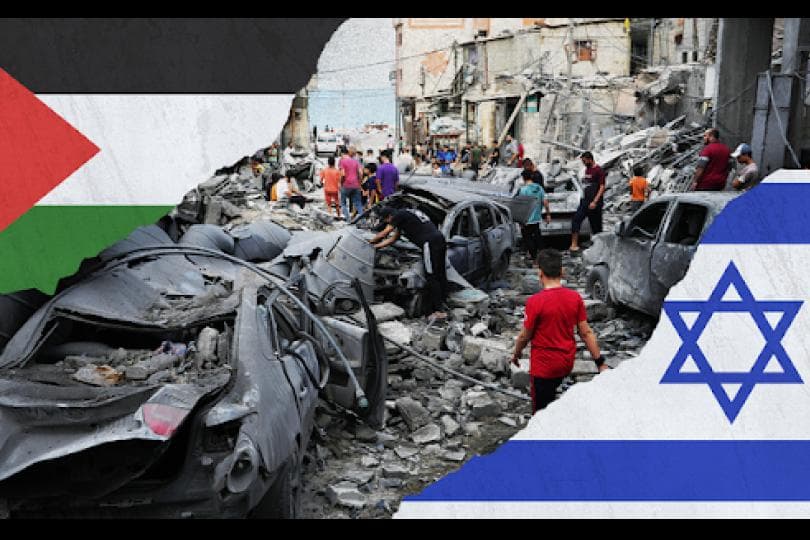Hamas's Belligerent and Hypocritical Stance

On October 7 thousands of Hamas-led terrorists rampaged across southern Israel and slaughtered around 1,200 people and took 252 people as hostages. As of May 3, 2024, 132 Israeli hostages remain in captivity in the Gaza Strip. Hamas has proposed to release all hostages in exchange for Israel releasing all Palestinian prisoners. However, this proposal is complicated by Hamas and other militant factions' persistent calls for Israel's destruction and their ongoing launching of missile attacks against Israel.
Despite Israel's concessions, Hamas has not fully embraced compromises in negotiations, raising concerns about its willingness to put more Palestinian civilians at risk. It perceives civilian casualties as a strategy to undermine global support for Israel and seems to be holding out for additional concessions, such as a commitment from Israel to end the conflict entirely, before agreeing to a ceasefire. Yahya Sinwar, the Hamas military leader and criminal mastermind of the October 7 massacre, is suspected of using hostages as shields to evade capture by Israeli forces.
Israel relinquished control of Gaza in 2005, handing it over to the Palestinians, but Hamas assumed power in 2007 and has since initiated attacks against Israel. Despite Israel's attempts to secure the release of hostages and pursue peace through ceasefire agreements, Hamas has consistently spurned such offers, prolonging the conflict.
Regardless of public support for Palestinian civilians, nearly every Arab state has long viewed the Palestinians with “fear and loathing”. The refugees and their descendants now number nearly 6 million, most living in camps and communities in the West Bank, Gaza, Lebanon, Syria, and Jordan.
Arab nations in the Middle East are striving for peace by endorsing a two-state solution while addressing terror groups such as the Houthis, Hamas, and Hezbollah, which are backed by influential entities and hold significant sway in their respective regions. The aim is to enhance national security and ensure the safety of citizens by disarming and delegitimising these groups. Countries like Saudi Arabia, the UAE, Egypt, Jordan, Oman, Morocco, and Bahrain seek improved relations with Israel to capitalise on its technological advancements, particularly in the military sector. Arab officials and influential Palestinian figures have urged Hamas to consider disarmament. However, the effectiveness of these appeals and the willingness of these groups to disarm remain uncertain, posing risks to regional stability, particularly for Israel.


































